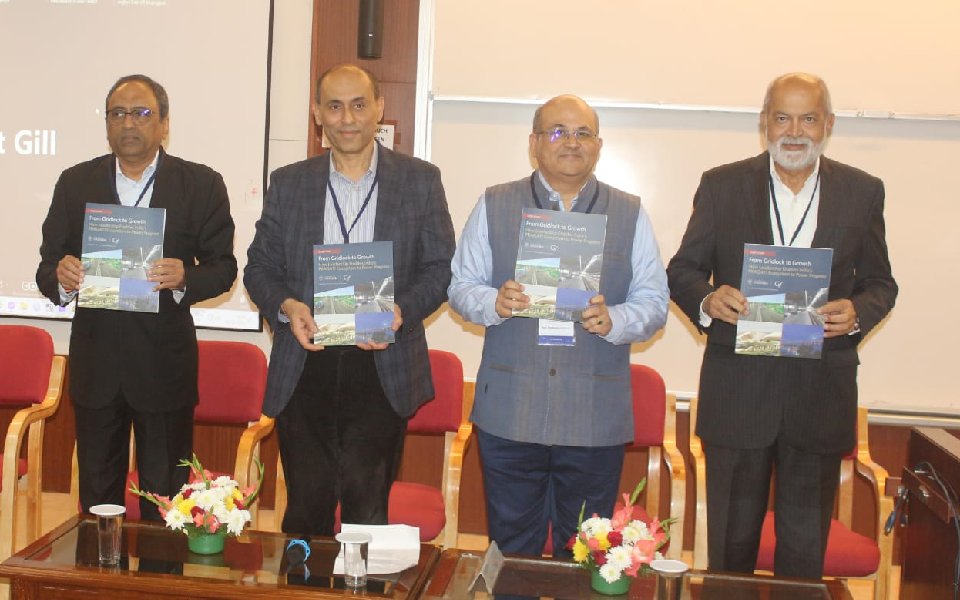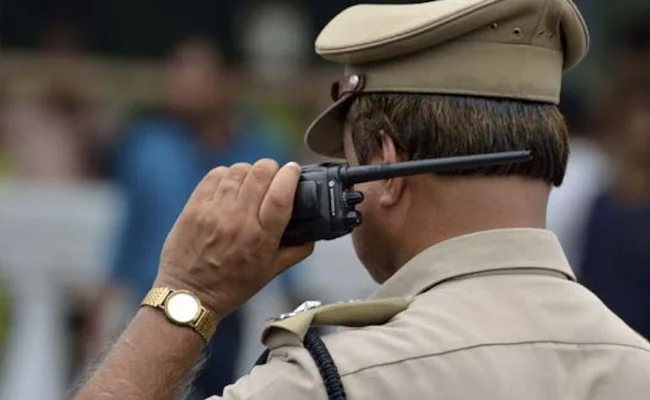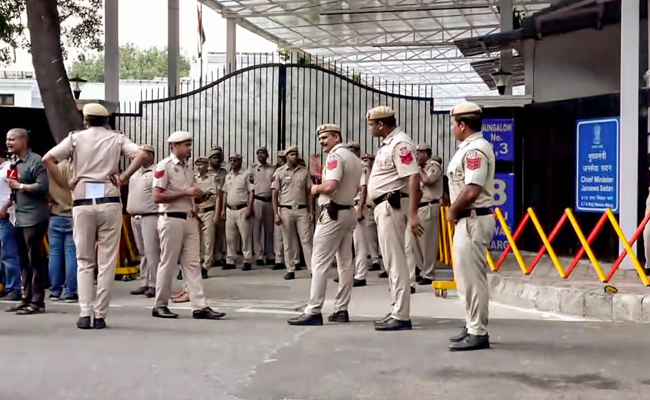Bengaluru: The University of Oxford's Saïd Business School has unveiled a case study analyzing the transformative impact of India’s PRAGATI (Pro-Active Governance and Timely Implementation) digital platform on infrastructure and social development projects under the leadership of Prime Minister Narendra Modi.
Titled “From Gridlock to Growth: How Leadership Enables India's PRAGATI Ecosystem to Power Progress,” the study was launched on Monday at the Indian Institute of Management (IIM) Bangalore. The event featured a presentation by Professor Soumitra Dutta, Dean of Oxford's Saïd Business School and the study’s lead author. A panel discussion followed, with insights shared by prominent leaders in infrastructure and governance, including Adil Zainulbhai, Chair of the Capacity Building Commission; S.N. Subrahmanyam, CMD of Larsen & Toubro; and Rishikesha Krishnan, Director of IIM Bangalore.
The study examines how PRAGATI has accelerated the implementation of 340 critical projects worth ₹17.05 lakh crore ($205 billion) since its inception in 2015. By leveraging technology for proactive governance, the platform has enabled timely interventions and efficient problem-solving for large-scale initiatives. The findings draw from extensive interviews with government officials, project managers, and field workers across India.
Speaking at the event, Professor Dutta emphasized the importance of leadership in driving digital innovation to address infrastructure bottlenecks in emerging economies. "The PRAGATI platform stands as a testament to how top-down leadership combined with technology can transform governance and foster progress," he said.
The case study explores PRAGATI's role as a model for other nations aiming to enhance infrastructure and governance through digital platforms. It highlights how the platform’s integration of multiple ministries and departments under one ecosystem has resolved interdepartmental gridlocks and facilitated swift decision-making.
The report is available on the Oxford Saïd Business School website.
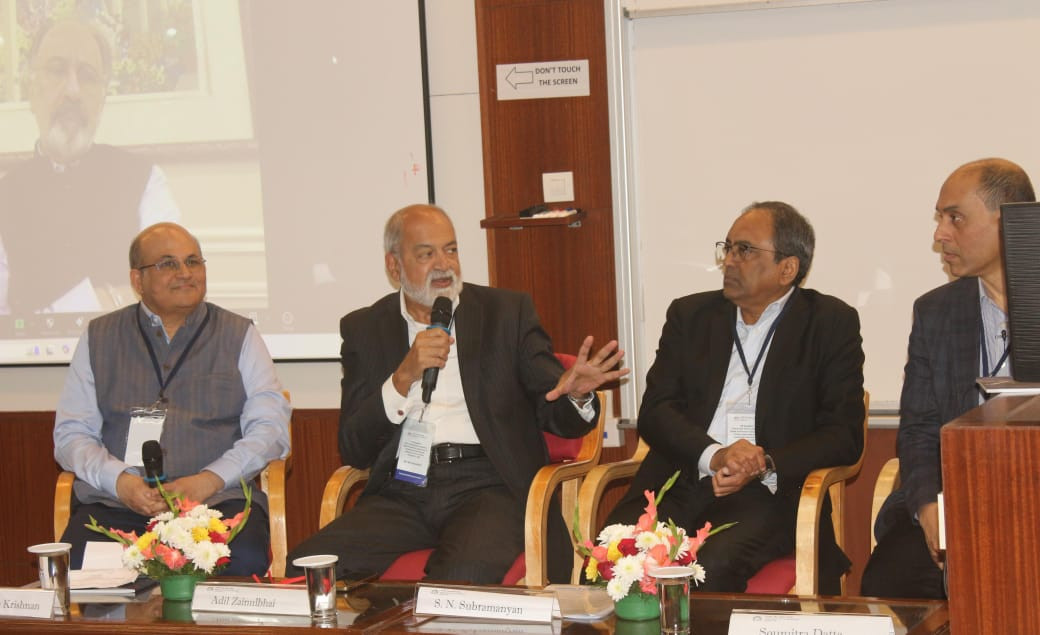
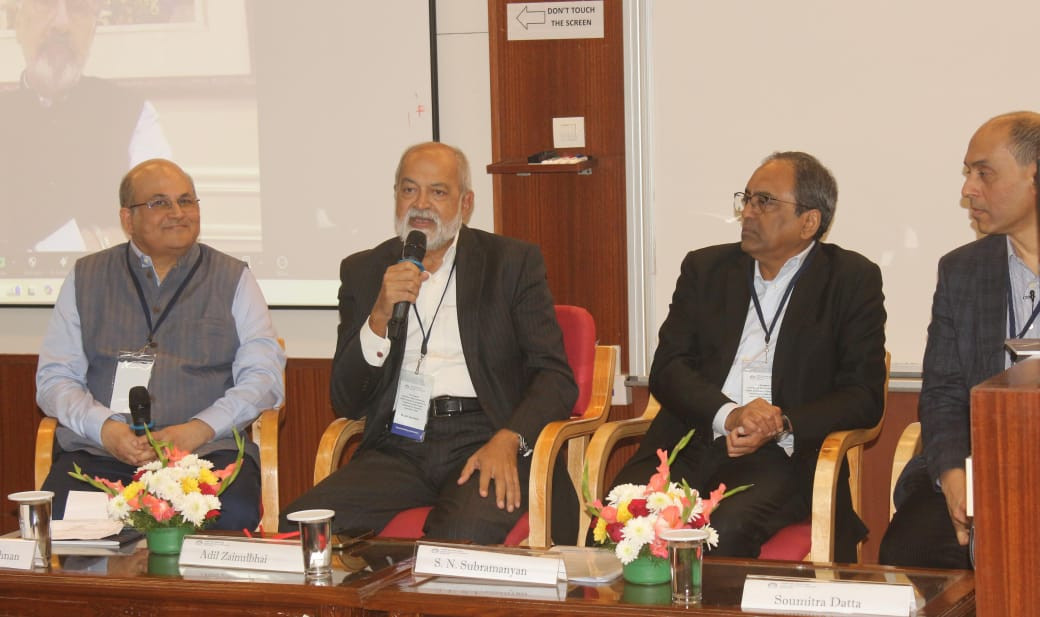
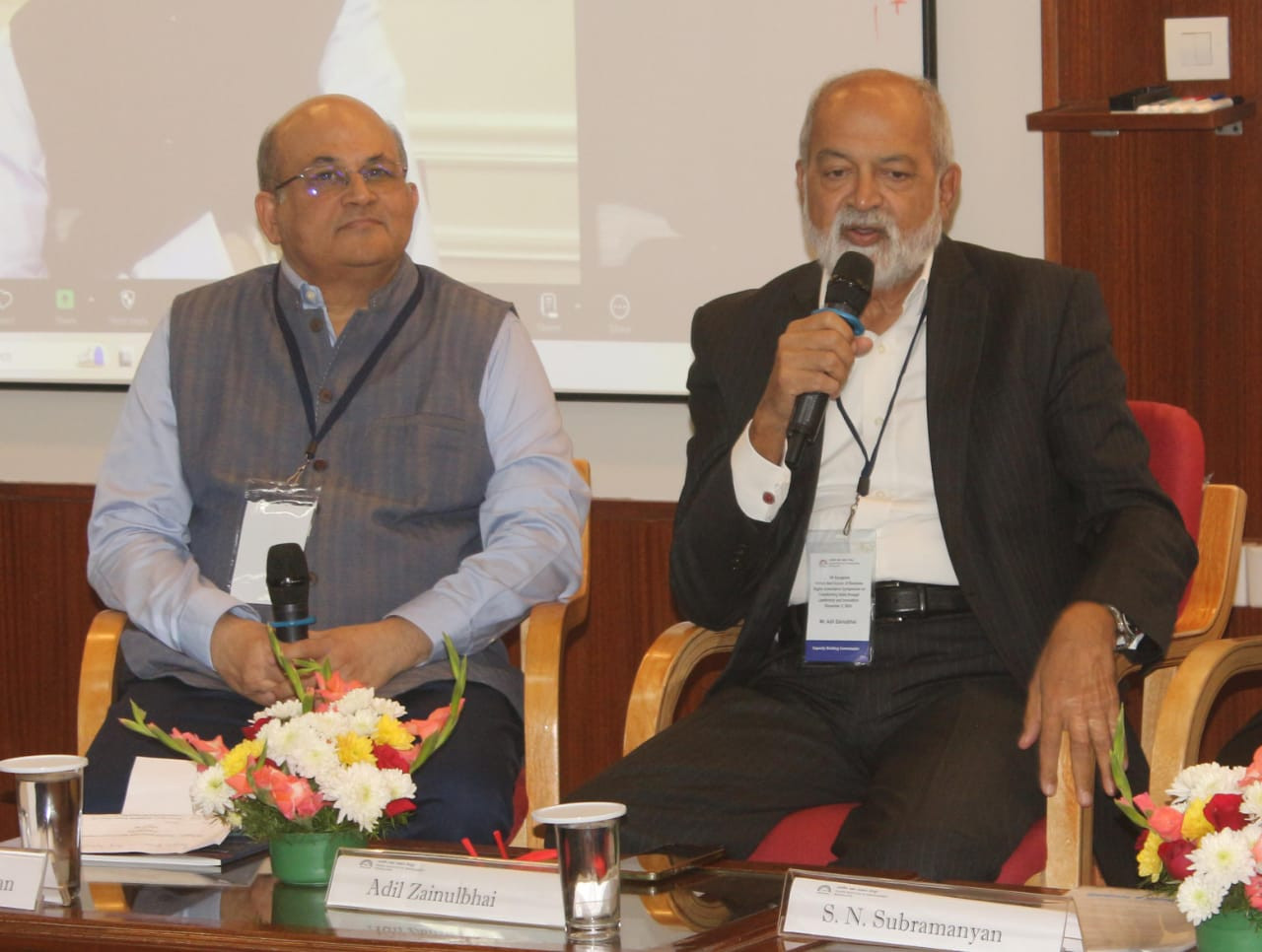
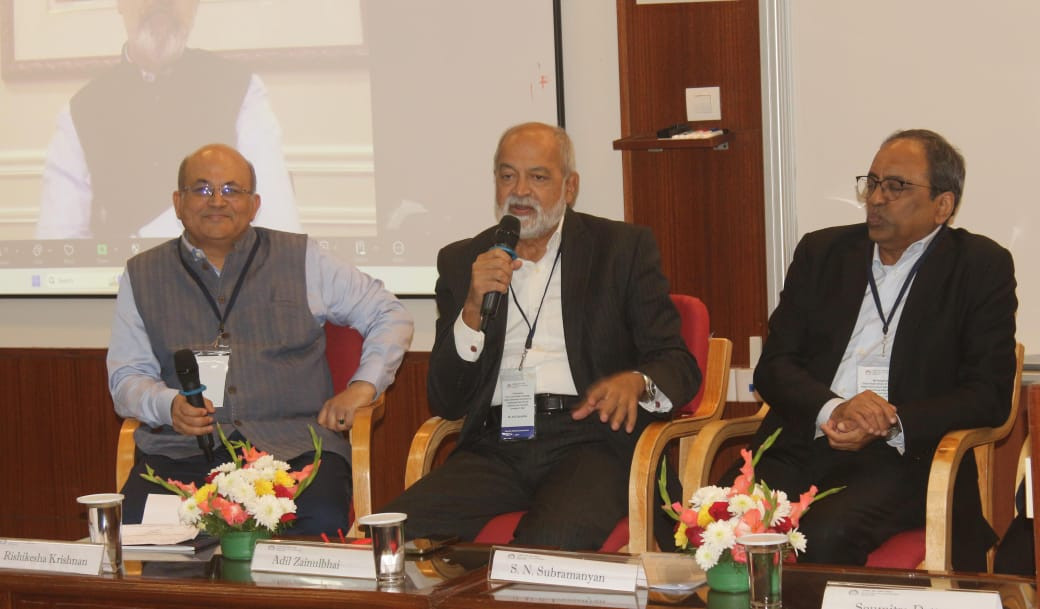
Let the Truth be known. If you read VB and like VB, please be a VB Supporter and Help us deliver the Truth to one and all.
Mangaluru: A police constable attached to the Vitla Police Station has been arrested for allegedly forging documents and manipulating passport verification records to obtain a clearance certificate from the authorities.
Police said on Tuesday that a person identified as Shakti Das, who claimed to be residing within the jurisdiction of the Vitla Police Station, first applied for a passport in February 2025.
During police verification, it was found that the address mentioned in the application did not match official records, following which the application was not recommended.
In June 2025, Shakti Das reportedly submitted a second passport application. Police alleged that Pradeep, a staff member at the Vitla Police Station, processed the reapplication without informing the concerned beat constable, Sabu Mirji, who was responsible for verifying the applicant’s address.
Pradeep allegedly prepared a verification report in the name of the beat constable, forged his signature, secured approval from senior officers, and forwarded the report. He is also accused of destroying verification-related documents to conceal the irregularities.
As per the report, the matter came to light on December 19 during a scrutiny of records. Police said the acts amounted to criminal breach of trust, as a crucial identity document issued by the Central government was fraudulently obtained.
Police further said that Shakti Das claims to hail from West Bengal, and his address is currently being verified.
Based on the findings, Vitla Police have registered a case against Pradeep and passport holder Shakti Das under Sections 336, 337, 316(5), and 238 of the Bharatiya Nyaya Sanhita (BNS), 2023.
Pradeep has been arrested and produced before a court, which remanded him to judicial custody. Further investigation is underway, police said.

